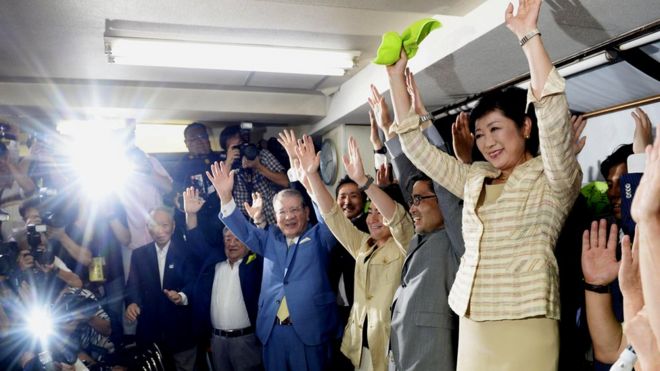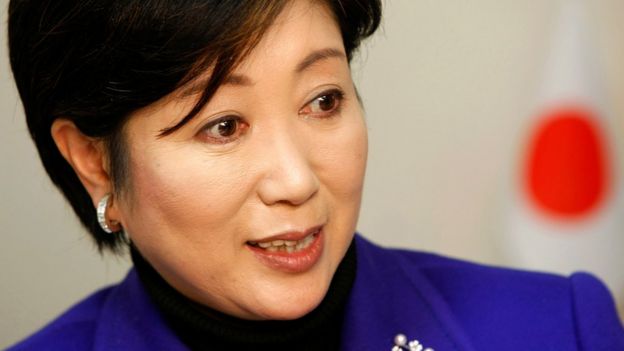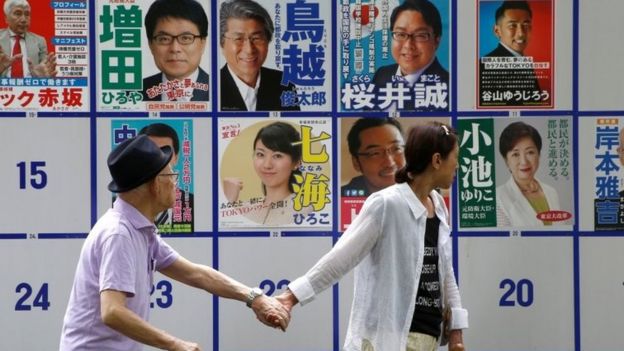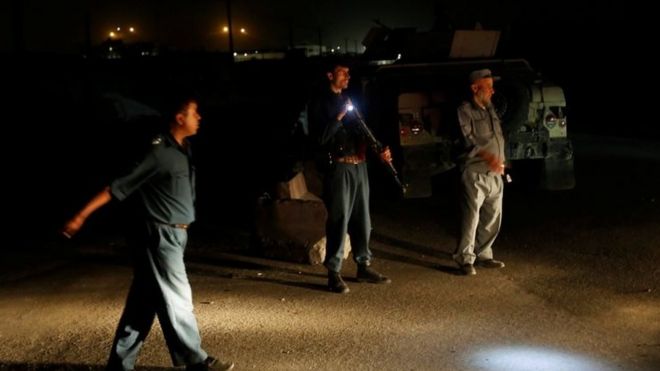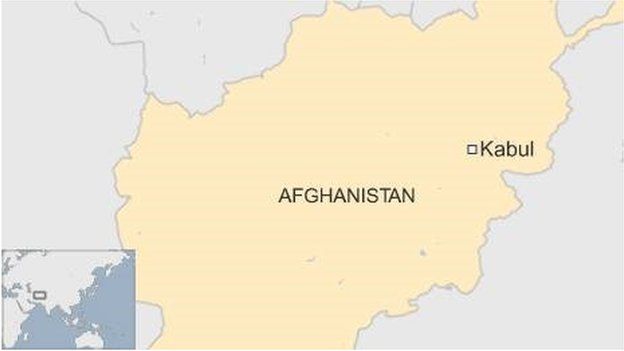- 4:47 hours GMT/UTC/ZULU TIME
- Latin America & Caribbean
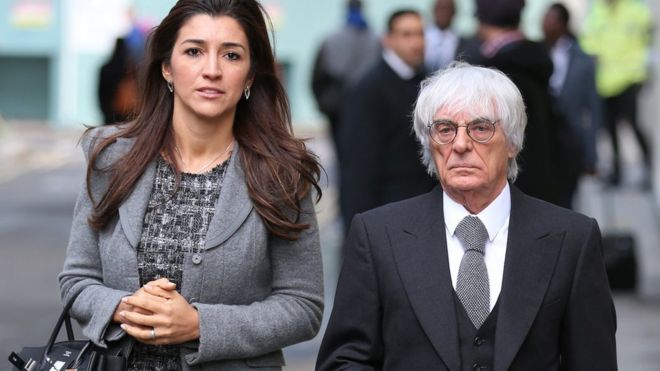 GETTY IMAGES
GETTY IMAGES
The mother-in-law of F1 boss Bernie Ecclestone, who was kidnapped in Brazil, has been freed without any ransom paid, say police.
Aparecida Schunck, 67, the mother of Mr Ecclestone's wife Fabiana Flosi, was abducted from her Sao Paulo home 10 days ago.
A ransom of $36.5m (£28m) was demanded, but none was paid, according to Elisabete Sato of the Sao Paulo police.
Ms Sato told the BBC there was a major police operation to free the victim.
Two suspects were arrested and the victim was not injured.
Ms Schunck was freed after being traced to a farmhouse near Sao Paulo after investigators monitored phone calls between kidnappers and her family, police say.
The BBC understands that Mr Ecclestone had wanted to come to Brazil to help in the investigation and had even offered the services of a private security company to deal with the kidnappers.
But Brazilian police told him that his presence in Brazil might be counterproductive and advised him and his wife to remain in the UK.
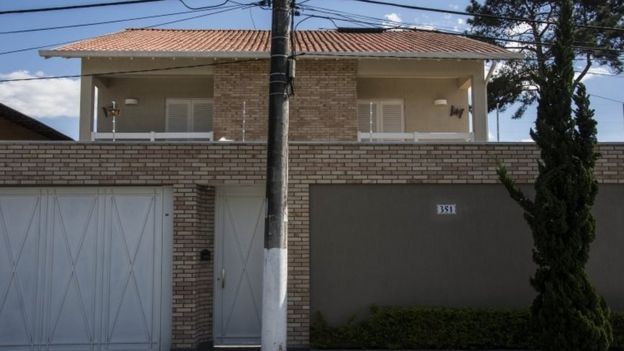 AFP
AFP
Mr Ecclestone, 85, is one of the most powerful men in sport and is worth an estimated $3.1bn.
Mr Ecclestone married Ms Flosi, 38, in 2012, three years after meeting her at the Brazilian Grand Prix.
He divorced his former wife of 25 years, Croatian model Slavica Radic, to be with Ms Flosi and they live in the UK.
The kidnappers had reportedly demanded that the ransom be paid in pounds sterling and divided into four bags of cash,
Such a relatively peaceful ending to a kidnapping with no money being paid is a rare, successful outcome, the BBC's Wyre Davies in Brazil reports.
Wealthy families often pay all or part of a ransom to free captives, fearing that if they do not the situation could end in tragedy, our correspondent adds.
Kidnapping was common in Brazil a decade ago, with Sao Paulo seeing an abduction every 27 hours in 2002, but declined after police formed a special anti-kidnap division and cracked down.
More common now is the practice of "express kidnapping" where people are sometimes abducted off the street and driven to a series of ATMs until their accounts are emptied.
The country, which is hosting the Olympic Games this month, is experiencing its worst economic crisis for decades.

